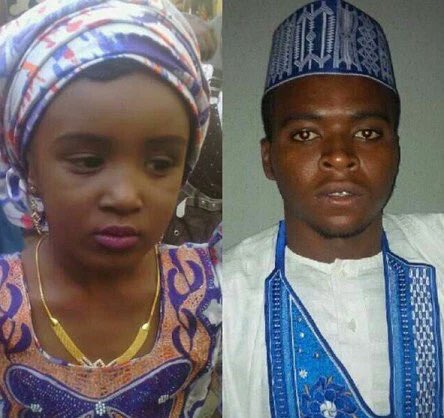2. University of Lagos, Unilag
3. University of Benin, Uniben
4. Obafemi Awolowo University, OAU
5. Ahmadu Bello University, Abu
6. University of Ilorin, Unilorin
7. University of Jos, Unijos
8. University of Port Harcourt, Uniport
9. University of Maiduguri, Unimaid
10. University of Agriculture, Abeokuta,
11. Lagos State University, Lasu
12. Federal University of Technology, Futo
13. Covenant University, CU
14. University of Nigeria, UNN
15. Federal University of Technology, Futa
16. Nnamdi Azikiwe University, Unizik
17. Enugu State University of Science and Technology, Esut
18. Pan African University
19. Ladoke Akintola University of Technology. lautech
20. Modibbo Adama University of Technology
21. African University of Science and Technology
22. University of Uyo, Uniuyo
23. Bayero University Kano, Buk
24. Ambrose Alli University, AAU
25. Redeemer’s University,
26. Babcock University
27. Federal University of Technology,
28. University of Calabar, Unical
29. Michael Okpara University of Agriculture,
30. Ajayi Crowther University
31. Bowen University
32. Rivers State University of Science and Technology, Rsust
33. Lead City University
34. Crawford University
35. Abubakar Tafawa Balewa University, ATBU
36. Abia State University, Absu
37. Usmanu Danfodio University,
38. Igbinedion University
39. Imo State University, Imsu
40. Niger Delta University
41. Bells University of Technology
42. Kwara State University
43. Nasarawa State University
44. Caleb University
45. Obong University Obong
46. Adekunle Ajasin University
47. Ekiti State University,
48. American University of Nigeria
49. Joseph Ayo Babalola University
50. Veritas University Abuja
51. Afe Babalola University
52. Kaduna State University Kaduna
53. Osun State University Oshogbo …
54. Umaru Musa Yar’Adua University Katsina
55. Federal University, Ndufu-Alike Ndufu-Alike
56. Salem University Lokoja
57. Novena University Ogume
58. Achievers University, Owo Owo
59. Benson Idahosa University Benin City
60. Ebonyi State University Abakaliki
61. University of Abuja Abuja
62. University of Mkar Mkar
63. Madonna University Okija
64. Bingham University Auta Balifi
65. Plateau State University Bokkos
66. Federal University of Petroleum Resources Effurun
67. Federal University, Dutse Dutse
68. Nigerian Turkish Nile University Abuja
69. Ibrahim Badamasi Babangida University Lapai
70. Landmark University Omu-Aran
71. Delta State University, Abraka Abraka
72. University of Agriculture, Makurdi Makurdi
73. Renaissance University Enugu
74. Federal University, Otuoke Otuoke
75. Tai Solarin University of Education Ijebu-Ode …
76. Federal University, Oye-Ekiti Oye …
77. Kano State University of Technology Wudil
78. Tansian University Umunya …
79. Akwa Ibom State University Uyo
80. Baze University Abuja
81. Kebbi State University of Science and Technology Aliero
82. Benue State University Makurdi
83. Adeleke University Ede
84. Ondo State University of Science & Technology Okitipupa
85. Kogi State University Anyigba
86. Western Delta University Oghara
87. Federal University, Wukari Wukari
88. Paul University Awka
89. Caritas University Enugu
90. Federal University, Lafia Lafia
91. Cross River University of Science & Technology Calabar
92. Fountain University Oshogbo
93. Al-Hikmah University Ilorin
94. Godfrey Okoye University Ugwuomu-Nike
95. Oduduwa University Ile Ife
96. Anambra State University Uli
97. Olabisi Onabanjo University Ago Iwoye
98. Federal University, Lokoja Lokoja
99. Federal University, Kashere Kashere
100. Rhema University Obeama-Asa






